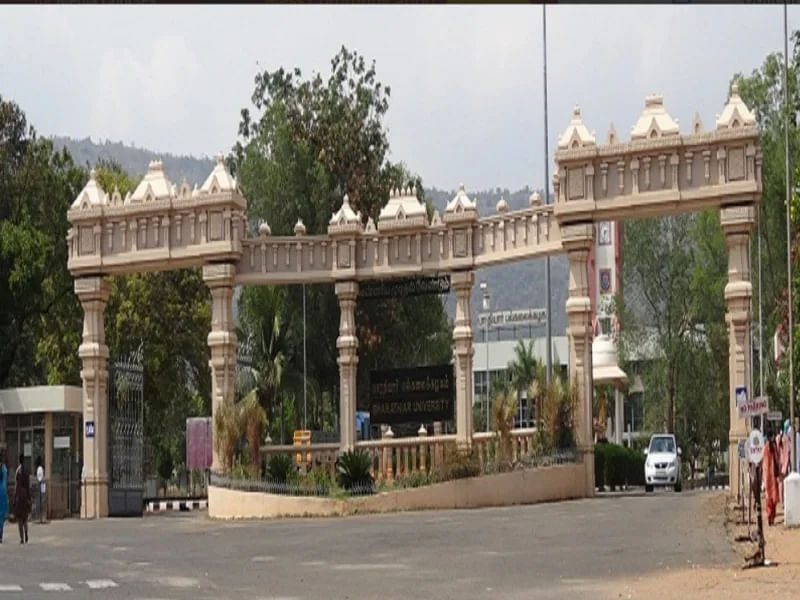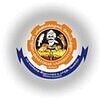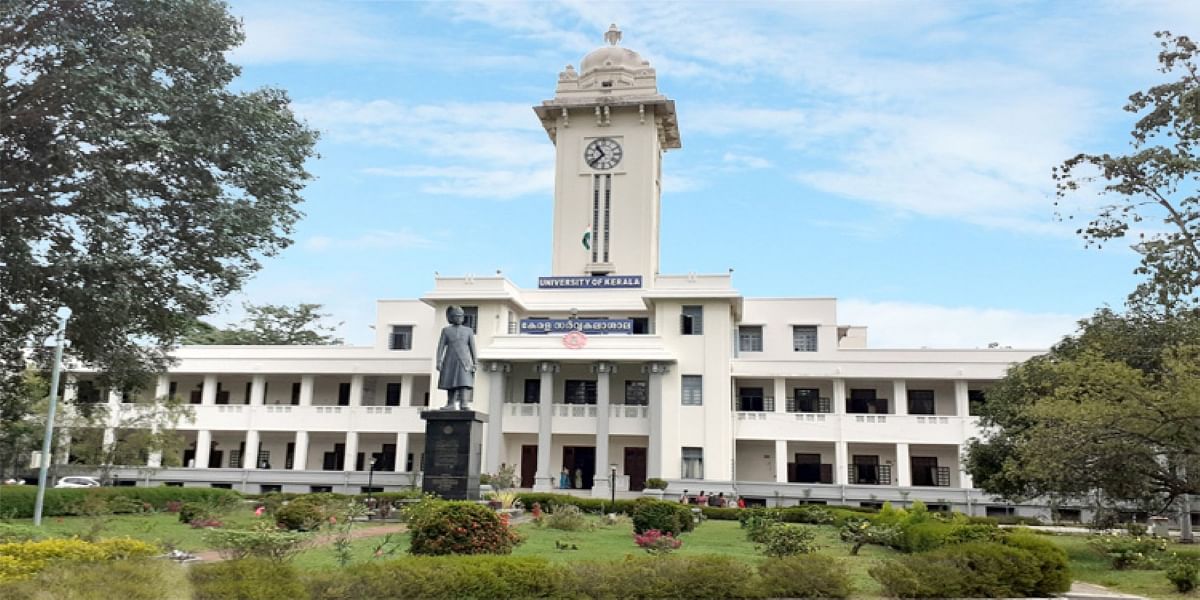M.Sc Botany Syllabus and Subjects

The M.Sc Botany syllabus provides a comprehensive understanding of plant science and biology. The M.Sc Botany course spans two years, divided into four semesters, covering core, elective, and practical subjects. Graduates can pursue careers as Research Assistants, Ecologists, Environmentalists, and more.
Table of Contents
Semester Wise MSc Botany Syllabus
The MSc Botany syllabus aims to equip candidates with knowledge on various topics in botany, including Phycology, Plant Morphology and Anatomy, Taxonomy of Angiosperms, Mycology, and more. Check out the table below to see the breakdown of the syllabus for each semester of the program.
M.Sc Botany 1st Year Syllabus
In the table given below are MSc Botany 1st sem syllabus and MSc Botany 2nd sem syllabus:
|
Semester I |
Semester II |
|
Phycology |
Plant Morphology and Anatomy |
|
Mycology |
Taxonomy of Angiosperms |
|
Bryology and Pteridology |
Reproductive Biology, Morphogenesis and Tissue culture |
|
Gymnosperm and Palaeobotany |
Cell and Molecular Biology |
MSc Botany First year Practicals
In the list given below are the practical subjecs offered in 1st year of M.Sc Botany syllabus:
- Phycology
- Mycology
- Plant Morphology and Anatomy
- Reproductive Biology, Morphogenesis and Tissue culture
MSc Botany 2nd Year Syllabus
In the table given below are 2nd year MSc Botany syllabus:
|
Semester III |
Semester IV |
|
Plant Physiology and Biochemistry |
Plant Resource, Utilization and Conservation |
|
Plant Biochemistry and Biochemical Techniques |
Plant Biotechnology, Bioinformatics and IPR |
|
Plant Biotechnology |
Plant Molecular Biology and Molecular Techniques |
|
Cytogenetics, Plant Breeding and Biostatistics |
Dissertation |
MSc Botany Second year Practicals
In the list given below are the practical subjecs offered in 2nd year od MSc Botany syllabus:
- Plant Molecular Biology and Molecular Techniques
- Plant Physiology
- Plant Biochemistry and Biochemical Techniques
- Cytogenetics, Plant Breeding and Biostatistics
MSc Botany Subjects
MSc Botany subjects covers a range of subjects including Microbiology, Phycology, Cell Biology, Genetics and Genomics, Plant Physiology, Biochemistry, and Bioinformatics. These topics are essential for postgraduates to gain both practical and theoretical knowledge. The MSc Botany syllabus is divided into three parts: core, elective, and practicals, as listed below.
MSc Botany Core Subjects:
In the list given below are the core subjects of M.Sc Botany syllabus:
- Microbiology
- Phycology
- Cell Biology
- Genetics and Genomics
- Plant Physiology
- Biochemistry
- Bioinformatics
MSc Botany Elective Subjects:
In the list given below are the elective subjects of MSc Botany syllabus:
- Forest Ecology
- Plant Pathology
- Biology and diversity of Pteridophyte
- Advanced Plant Physiology
- Ecology and Environment
- Palaeobotany
MSc Botany Lab Subjects:
In the list given below are the lab subjects of M.Sc Botany syllabus:
- Phycology
- Mycology
- Plant Morphology and Anatomy
- Reproductive Biology, Morphogenesis and Tissue culture
- Plant Molecular Biology and Molecular Techniques
- Plant Physiology
- Plant Biochemistry and Biochemical Techniques
- Cytogenetics, Plant Breeding and Biostatistics
MSc Botany Subjects:
The MSc syllabus Botany has a list of subjects that cover various topics, which will be listed in the table given below:
| MSc Botany Subjects | Topics |
| Phycology and Limnology | Introduction to Limnology, Properties of water, Lake ontogeny, morphometry, Physical factors: Light Temperature, Heat, and Stratification. |
| Bryology and Pteridology | General introduction including broad outline of classification and evolutionary trends, Anthocerotophyta: distribution, General Introduction of pteridophytes, their peculiar features and similarities and dissimilarities with bryophytes and gymnosperms. |
| Reproductive biology, Morphogenesis and Tissue culture | Introduction to life history of angiosperms, brief history of plant embryology; Anther: Structure and development wall layers and their role; Microsporogenesis; Ovule: Ontogeny, structure, integuments and nucellus specialized structures, megasporogenesis. |
| Plant Physiology | Plant water relations, Nitrogen metabolism, respiration and lipid metabolism, Photochemistry and photosynthesis. |
MSc Botany Course Structure
The M.Sc Botany syllabus is structured into subjects, projects, research, and seminars. The course has been divided into four semesters, the first three have practicals and theories, but the fourth-semester has research dissertation submission and elective subjects and their practicals. The list below highlights the course structure:
- IV Semesters
- Core subjects
- Practical and Laboratory
- Research Dissertation Work
- Projects
M.Sc in Botany Teaching Methodology and Techniques
The M.Sc Botany syllabus incorporates various teaching methods and techniques to aid students in comprehending the wide range of topics covered in their classes. The Botany MSc syllabus employs several teaching methodologies and strategies, including:
- Practical & Laboratory sessions
- The emphasis of Practical Learning
- Experimentation
- Guest Lectures, Seminars, and Workshop
- Group Assignment and Discussion
- Learning through Industrial Visit
- Research & Development
MSc Botany Projects
The MSc Botany syllabus incorporates projects as significant undertakings in the final year. It carries many credit points to qualify for the course, pursue higher studies, or land a better job opportunity. The following are some of the MSc Botany project ideas:
- Combating the global food crisis: diazotroph bacteria as a cereal crop growth promoter
- The lifespan of a genetically engineered tomato
- Environmentally friendly method to suppress weeds
- Investigating seed tolerance for freezing temperatures
M.Sc Botany Reference Books
The guidebooks for the M.Sc Botany syllabus provide candidates with a comprehensive understanding of the various topics covered in their classes. Some of the top-rated books for M.Sc in Botany include:
|
Books |
Authors |
|
Concise Encyclopedia of Plant Pathology |
P. Vidhyasekaran |
|
A Dictionary of Ecology, Evolution, and Systematics |
R. J. Lincoln; G. A. Boxshall; P. F. Clark |
|
Chemical Microbiology |
Rose |
|
Chromatography: Concepts and Contrasts |
James Miller, John Wiley, and Sons |
|
Encyclopedia of Plant and Crop Science |
Robert M. Goodman (Editor) |
Top M.Sc Botany Colleges
Top Science Entrance Exams
M.Sc Botany Fee Structure
FAQs on M.Sc Botany Syllabus and Subjects
Q: Does MSc botany have scope?
Q: How many semesters are there in MSc botany?
Q: In which subject I can do MSc after BSc in botany?
Q: How many subjects are there in M.Sc botany?
























